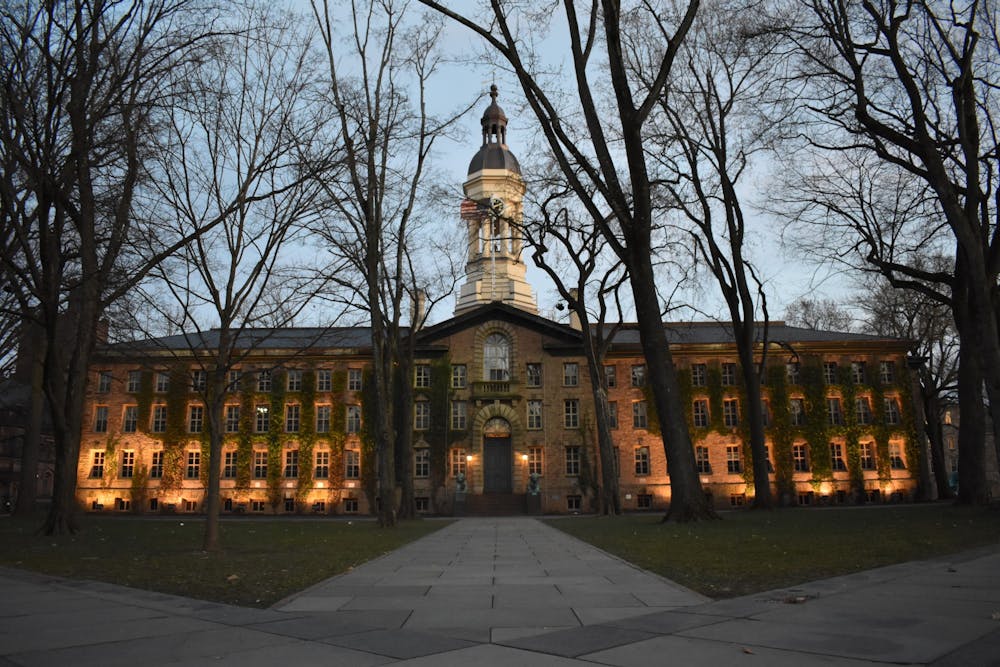In the fourth payment of a six-year program, the University will mail checks to about 700 local homeowners. The payments follow a 2016 settlement agreement, which resolved a lawsuit challenging the University’s property tax exemptions.
Under the agreement, the University paid $2 million in 2017 and agreed to pay $1.6 million from 2018 to 2022 to a tax relief fund.
Homeowners who qualify for a homestead benefit under the New Jersey Homestead Property Tax Credit Act will receive the aid payments. The Act provides tax relief, most often in the form of a credit, to eligible homeowners in the municipality. From this year’s payments, each eligible household will receive around $2,100, according to a statement from the University.
Eligible homeowners will receive checks from the Community Foundation of New Jersey (CFNJ) the week of Nov. 8. Homeowners have 90 days to deposit their checks, and use of the funds is left to their discretion.
To be eligible for payment this year, homeowners had to qualify for homestead benefits in 2016 — “the most recent year for which the fund received a list of homeowners who were paid homestead benefits by the state,” according to the University.
“New Jersey has not prepared or shared a list based on 2017 qualifiers for homestead benefits because the state postponed payment of these benefits in 2020 due to COVID-19,” the University added.
Any excess funds after all eligible distributions will be donated to 101: Inc., a nonprofit that provides need-based scholarships for graduates of Princeton High School attending colleges other than the University.
The University did not admit to any wrongdoing when settling the 2016 tax exemption case.
“We had every confidence that the courts ultimately would have affirmed the University’s continuing eligibility for property tax exemption on buildings and facilities that support its educational, research, and service missions,” University President Christopher Eisgruber ’83 said at the time.
He continued, “but we concluded that the contributions we will make under the settlement agreement are a better expenditure of funds than continuing to incur the considerable costs of litigation.”
Head News Editor Zachary Shevin contributed reporting.









